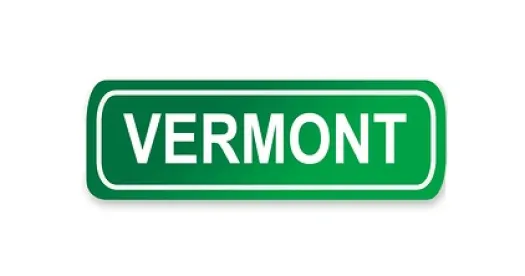The Vermont State legislature has enacted a bill designed to set strict limits on the presence of perfluorinated alkylated substances (PFAS) in drinking water. The bill, S. 49, which cleared the Vermont House and Senate within the last week and is expected to be signed into law by the governor, would require public water systems to monitor their water supplies in an effort to ensure that they do not exceed a combined limit of 20 parts per trillion (ppt) for five PFAS compounds: perfluorooctanoic acid (PFOA), perfluorooctane sulfonic acid (PFOS), perfluorohexane sulfonic acid (PFHxS), perfluorononanoic acid (PFNA), and perfluoroheptanoic acid (PFHpA). The bill also directs the Secretary of Natural Resources to take additional steps to tighten controls over PFAS in Vermont water supplies.
Under the bill, if any regulated PFAS contaminants are present, individually or in combination, in a public waters system (PWS) in excess of 20 ppt, the PWS must:
- Implement treatment or other measures to reduce the regulated PFAS contaminants to levels below the advisory level (20 ppt).
- Issue a “do not drink” notice to all users of the public water system until the regulated PFAS contaminants are below the advisory level.
In addition, the bill requires the Secretary of Natural Resources to:
- Issue a final proposed rule establishing a maximum contaminant level (MCL) for the five regulated PFAS compounds.
- Initiate a rulemaking process to solicit public comments regarding the potential regulation of a wider array of PFAS compounds as a class or sub-classes.
- Undertake a rulemaking process for the adoption of surface water quality standards for PFAS compounds.
- Publish a plan, subject to public review and comment, to complete a statewide investigation of potential sources of PFAS contamination.
- Submit a report regarding the management at landfills of leachate containing contaminants of emerging concern (CECs), including recommendations for treatment of CECs in leachate from landfills.





 />i
/>i

